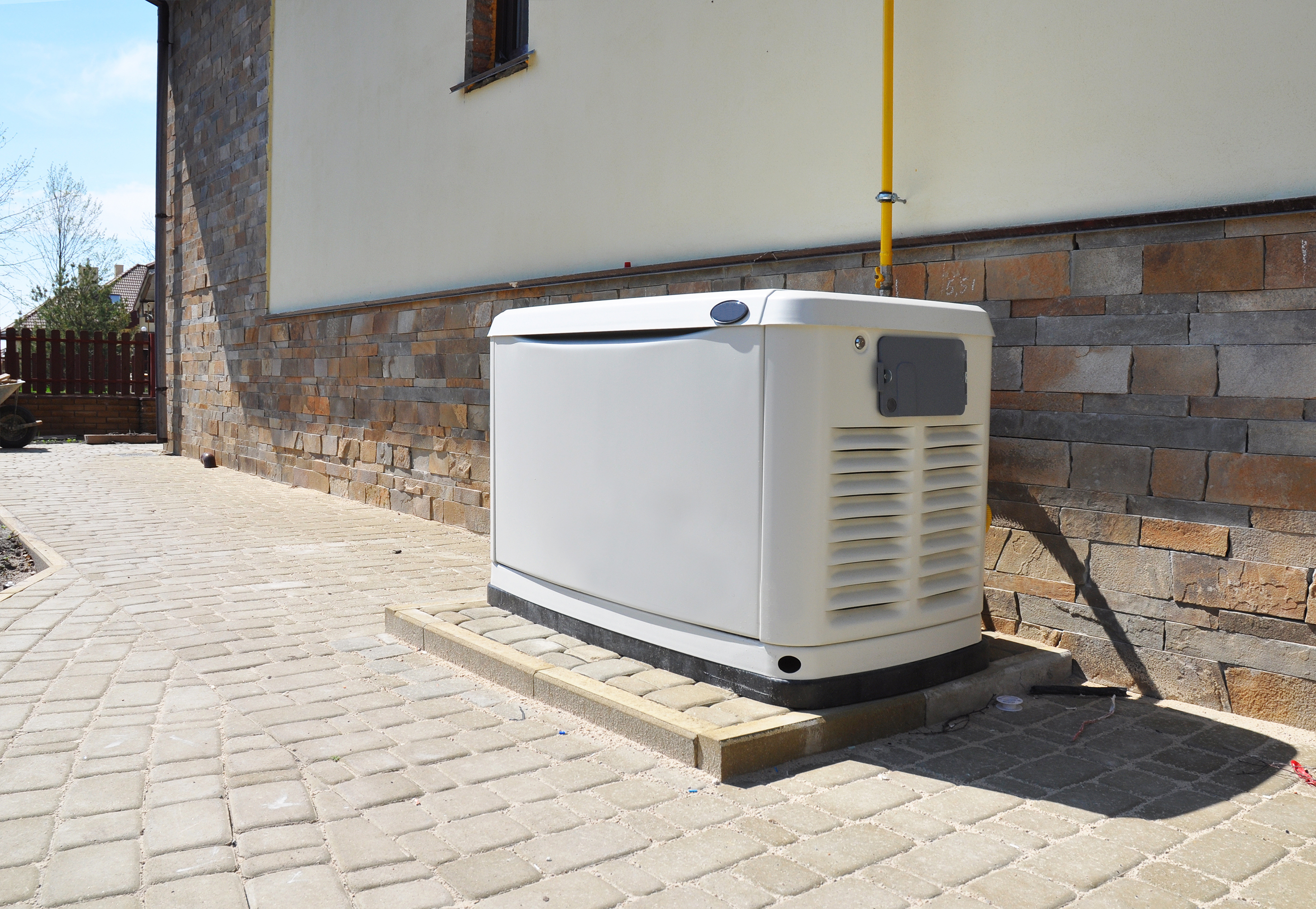
A residential home emergency generator can be the difference between unbearable heat and spoiled food to keeping your home mold-free and dry after a storm. If you live in an area that’s vulnerable during hurricane season, power outages are commonplace and can last for several days. By installing an emergency generator you can reduce damage and losses and therefore, save money on your homeowners insurance due to fewer claims.
A standby residential backup generator can sense a power outage and automatically start up to keep your food fresh and your home out of the dark. It detects an outage with automatic transfer switches and supplies your home with power until your power company restores your electricity. The generator shuts off once your power turns on and stands ready for another outage.
Before You Buy your Residential Emergency Backup Generator
You’ll first want to pick the right style and then choose the proper wattage you’ll need for your home. Don’t go immediately to the smaller units. You need to consider if a small unit will power your home adequately, especially if you have a large home. Smaller units have smaller gas tanks you must refill every few hours and they’re only able to power a few appliances.
Although the large generators may be a little more expensive, they may be a better choice. Just the same, if you don’t need a large generator, you might want to opt for the smaller one since bigger generators may cause storage issues when you’re not using it.
Things to think about before you buy include:
- Determine if you want a generator that automatically operates even if you’re not home.
- Determine what electrical appliances and items you’ll need in an emergency.
- Remember that certain climates have temperatures that are freezing and if you’re in this climate, you’ll want to protect against frozen pipes. You’ll need to backup your furnace with emergency power. In hot climates with high humidity, you’ll want to protect against mold damage by backing up your AC unit with emergency power.
- To save your food you have in the freezer, you’ll want to put your refrigerator on the system.
- If you have well-water to flush your toilets, you’ll want to hook the well pump to the system.
- Determine what size generator you need by totaling the watts needed. Consider both starting and running watts. You can check each appliance’s manufacturer information or have an electrician help you.
- Determine your budget.
Finally, don’t plug your residential generator into the main electrical panel or a wall outlet to power your home. Only an electrician should connect your generator to your main electrical panel in accordance with local electrical codes.
A residential emergency backup generator for your home offers protection against Mother Nature’s wrath. So too does having the best homeowners insurance policy at the best price.